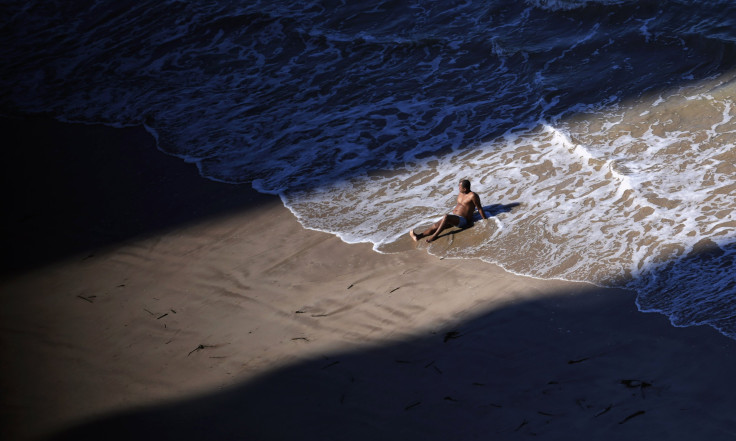Skin cancer: Suntan drug produces dark melanin, body’s natural sunblock, also slows skin ageing

Researchers at Massachusetts General Hospital have developed a drug that imitates the effect of sunlight on skin, which allows tanning without the harmful effects of UV rays. The drug tricks the skin into producing the brown form of melanin.
The drug has been tested on various skin samples and on mice. It may work for redheads who usually burn under the sun without tanning. Another huge benefit of the drug is that it may slow the appearance of skin ageing.
Researchers did not carry out the study with cosmetics in mind. Instead, they were hoping that the drug will provide a breakthrough in skin cancer prevention. One of the researchers, Dr. David Fisher, told BBC News that the primary objective was to find a novel strategy to protect skin from UV radiation and cancer.
The study, published in Cell Reports, shows that melanin produced from the drug successfully blocked the harmful UV rays. Dark melanin is body’s natural sunblock. It is produced after a chain of chemical reactions as a result of sun exposure. When the drug is applied, the body will skip damage but produce melanin straightaway.
Fake tans simply paint the skin and do not offer any protection. This drug is different, though. Fisher advised that everyone must use sun cream after combining it with the drug for the best protection.
“Dark pigment is associated with a lower risk of all forms of skin cancer - that would be really huge ... It (the drug) has a potent darkening effect. Under the microscope it’s the real melanin, it really is activating the production of pigment in a UV-independent fashion,” said Fisher.
The drug has not produced any side effects yet, though researchers want to perform more tests to be absolutely sure. Only then will they allow the drug to be made available for the masses. It is definitely an interesting proposition, but a lot more research is needed before this kind of technology is used by humans.
In Australia, skin cancers account for nearly 80 percent of new diagnosed cancers, and the majority of them occur as a result of exposure under the sun. Skin cancer rates in Australia is one of the highest in the world, at least two to three times the rates in Canada, the US and UK, states Cancer Council Australia.





















